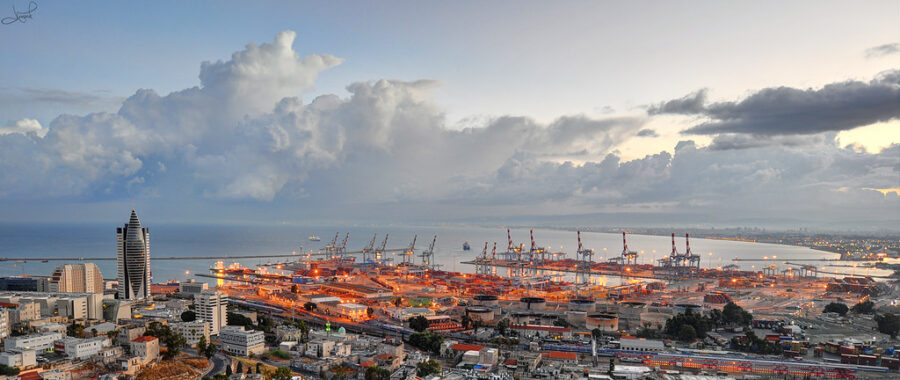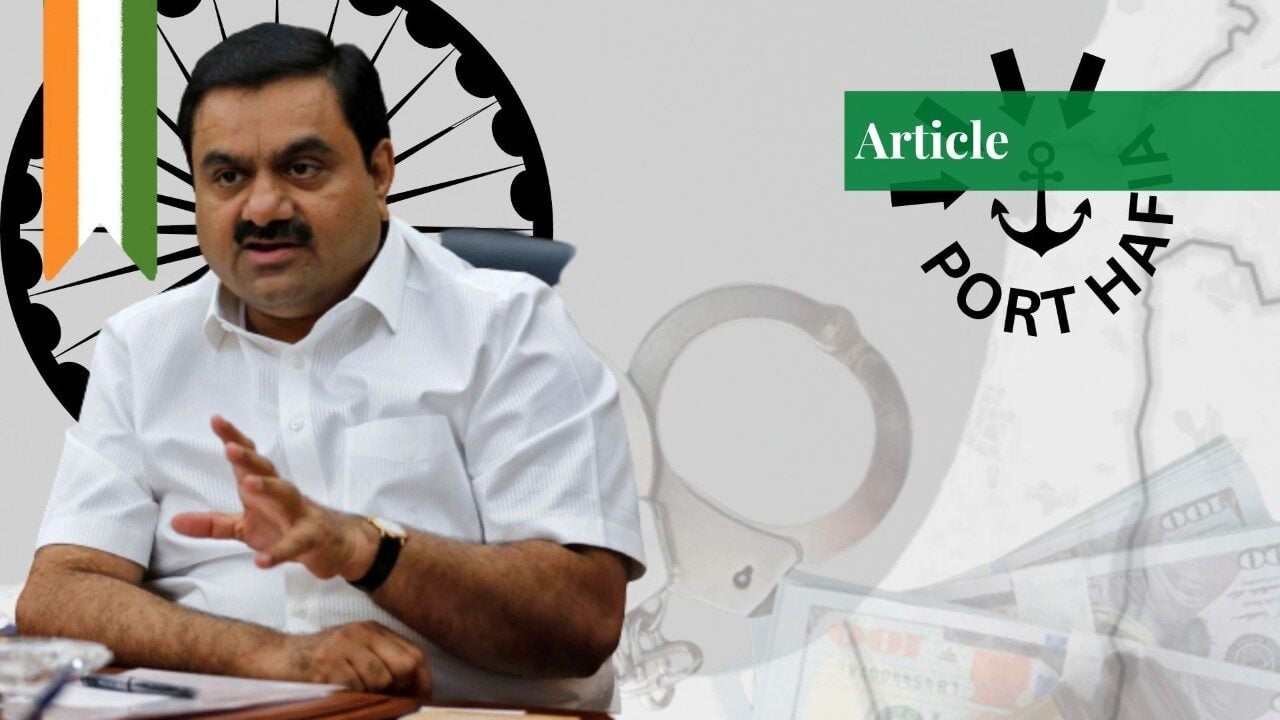Hafsa Ammar is a graduate of the National Defence University, Islamabad. Her areas of expertise are narrative building and propaganda warfare, centered around the Soviet Union and modern-day Russia.
Who is Gautam Adani?
Gautam Adani is one of India’s biggest personalities, a school dropout who became a billionaire chairing the ‘Adani Group’ of companies that include industries covering various sectors such as energy, gas, power, aerospace, airports, and naval ports. They had a combined turnover of more than $242 billion in 2022.
Adani placed a major focus on state-building and national growth which has both domestic and international dimensions. Losing his place in the top 5, he is currently the 17th richest person in the world, but this ranking is expected to drop steadily because of the most recent scandal that the group has been accused of.
Accounting Fraud and Stock Manipulation
The New York-based Hindenburg Research released a report on 24th January, 2023 which stated that after thorough research, Adani Group had been found to be a party to stock parking and deceptive accounting practices. They stated that the organization had run ‘the largest con in corporate history’. The report was researched and crafted over a duration of two years, and it was concluded that around $218 billion was involved in this scheme through either fraud or laundering.
The institute conducted interviews with former employees, made site visits, examined leaked emails, and went through years’ worth of files and financial accounts to gather evidence. It was noted that a significant portion of the authority rested with family members of Gautam Adani leading to not only a concentration of power but also a common motivation for the accumulation of wealth.
Gautam Adani’s brothers were on various occasions found to be key suspects in government-led investigations for either diamond trading or the use of off-shore shell companies. Vinod Adani was found to be running 38 offshore shell entities in Mauritius, Cyprus, Singapore, United Arab Emirates, and the Caribbean Islands. How was it determined that these companies were just fronts? Through a little digging into the structures holding them up. Some had no listed addresses, no employee names, and no listings on hiring sites such as LinkedIn.
More than 10 had hastily made websites that were designed and launched on the same day and only had generic stock photos. Companies that essentially had no employees, business dealings, or even physical evidence of existence were still somehow contributing billions of dollars to the Adani Group.
The retaliation to the report came in the form of a 413-page denial which claimed not only the innocence of the Adani Group but took it a step further by calling it a direct attack on Indian character and sovereignty. The pressurized enterprise tried to portray itself as an extension of India itself in an attempt to garner sympathy and nationalist favor.
The report by Hindenburg included sound reasoning as to why fraud at such a large scale had not yet made its way into mainstream media or politics, and it was because of the sheer power that Indian elites held—both monetarily and through intimidation over the politicians, journalists, and law enforcement agencies. Close relations between Adani and Modi attest to this fact.
Corruption seeps through every layer of society and is never easy to weed out. Proof of this is present in the recent Indian-Israeli relations, a trade that went forth successfully and was applauded globally even after the Indian counterpart was knee-deep in a money laundering scandal.
Purchasing the Haifa Port
In July 2022, Israel announced its intentions of selling the Haifa Port which is situated in the north of Israel close to the capital, Tel Aviv. It is a giant seaport that calls itself home to two oil refineries as well. It acts as a conduit to a major portion of the naval traffic of the Mediterranean.
It is Israel’s largest port, and it was first established by the British in 1933. This port played a significant role in Israeli history as it was seen as a bridge or gate for immigrating Jews after WWI. Benjamin Netanyahu made a firm decision last year to cut costs and stave off economic burden by selling Haifa port to the Adani-Gadot alliance for ₪4 billion which translates to roughly $1.15 billion.

There are several mutually beneficial prospects of this deal for both India and Israel. Israel, apart from the obvious financial gains, is aiming to not only reduce the long journey its ships have to take by going around the Arabian Peninsula but is also trying to extend a hand of trade and economic prosperity towards Jordan and Saudi Arabia in attempts to build on the peace established by the Abraham Accords.
Israel is trying to reset the narrative of its global perception from ‘occupier’ to ‘a promoter of regional peace and harmony.’ India sees a golden opportunity in Israel as its ticket to start expanding the Adani Group towards the west, one region at a time. This sale will establish a firm seat for India in the MENA region which is often seen as the heart of the global Muslim population.
Adani Group made several promises to Israel including the complete transformation and remodeling of the port and Haifa skyline and the opening of an Artificial Intelligence lab in Tel Aviv which would coordinate with its counterparts in the United States and India. The subtle shift from an economic deal to a collaborative strategic-military alliance is something that should not be swept under the rug.
India has collaborated with Israel many times in the past over various projects such as the Elbit systems, the Israeli weapons system, and the Israel Innovation Authority. Nowhere in his extended media presence in regard to this deal signing did Gautam Adani mention the Hindenburg accusations. It was all kept under wraps.
India views Israel as a friend, a concept hard to find in international politics, due to their shared history in the 1918 Battle of Haifa and the combined hostility against nations of a Muslim majority—Pakistan and Palestine. The Indian investment through Adani Group in Israel’s Haifa port presents itself to trust in Israeli economic prowess. It is a monumental milestone that will drastically impact the socio-political and demographic dynamics of the region.
If you want to submit your articles and/or research papers, please check the Submissions page.
The views and opinions expressed in this article/paper are the author’s own and do not necessarily reflect the editorial position of Paradigm Shift.


















